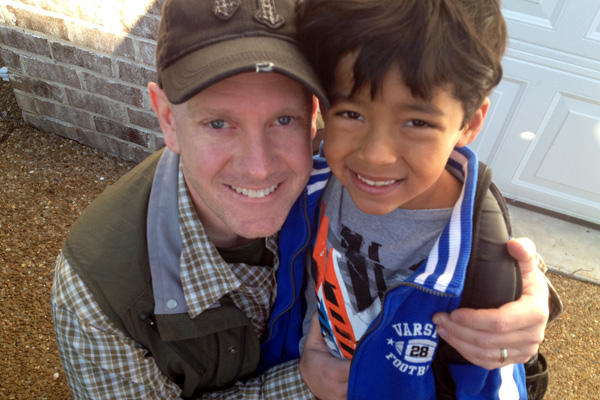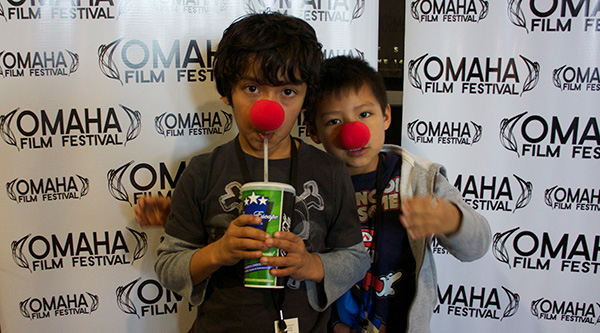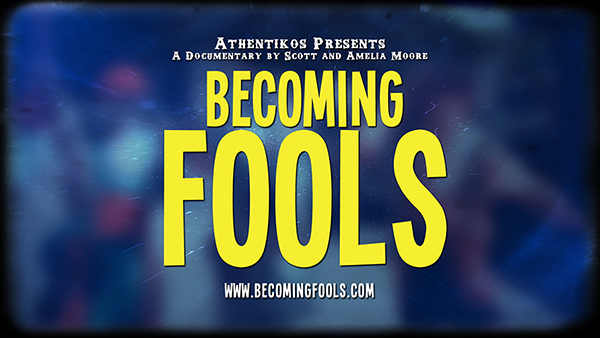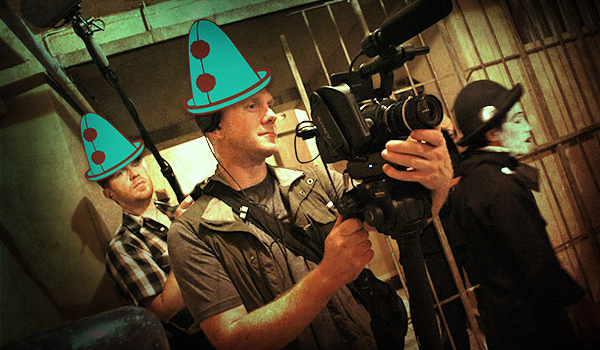I walked into a prison expecting to witness broken lives. Instead, a prisoner exposed the cracks in my own. Although I wasn’t incarcerated for a crime, I realized I had been living in the safety of untested beliefs. It took the wisdom of a gang member to make me question everything.
In 2008, my wife, Amelia, and I traveled to Guatemala to receive our second adopted son, Elliot. We had visited Guatemala multiple times during the adoption process and were fortunate to have a friend, Joel, a missionary deeply connected to the country. We wanted to document the culture for our children, so we asked him to show us the real Guatemala—the places beyond tourist attractions. This time, he took us deeper than I had anticipated: into a maximum-security prison to meet gang members.
Visiting gang members in prison wasn’t on my bucket list, but I agreed, albeit reluctantly.
The discomfort started immediately. At the entrance, I was required to leave my passport with a guard—my only proof of identity and, more importantly, my only proof that I was a U.S. citizen and not a permanent resident of the facility. But that unease paled in comparison to what came next.
A guard escorted us through a series of locked double gates, each checkpoint requiring a stamp on our arms. With each barrier, the weight of where I was going settled deeper into my chest. Finally, after passing through the last security point, we turned a corner, and I froze. Through the heavy steel bars, I saw a long, dimly lit corridor that resembled an anarchist’s nightclub—thick with smoke, pulsing with blaring reggaeton music, and filled with tattooed men pressed against the bars.
The gate behind us locked with a final, decisive clang. The guard did not enter with us. Joel explained that if he had, he might have been killed.
That wasn’t reassuring.
Just as I registered the gravity of the situation, I turned to find myself surrounded by over a hundred men, covered in tattoos like war paint. I suddenly remembered why this wasn’t on my bucket list.
Most of the inmates, however, were distracted by something else: a dentist we had brought along. With tools but no anesthetics, he set up his makeshift practice at the back of the cell block, and gang members sat through procedures one by one, their faces tense as they fought to maintain a tough exterior.
As I stood there, clinging to Joel’s familiar presence, I forced myself to look beyond the tattoos. That’s when I realized that many of these “warriors” were just kids. One of them, intrigued by my presence, approached me. He shared a glimpse of his life, but then he turned the conversation on me.
“You Christians are in a gang just like us,” he said. “You follow a leader. You have symbols, language, customs, and code—just like us. The difference is that you have the luxury of being a hypocrite. If we aren’t true to our gang, we’re killed.”
I had no response—only questions.
Who am I? What leader do I follow? Am I a hypocrite?
His words exposed a contradiction I had never fully examined. Faith had been a part of my identity, but was it something I truly lived out, or had I been comfortable in a faith that required little risk? I quickly realized that had we not adopted our sons, they could have ended up in a place like this. And if I had grown up in the same circumstances as these young men, who’s to say I wouldn’t have made the same choices?
That thought haunted me, but it also compelled me. I couldn’t just adopt my two sons and move on with my life; I had to do something.
I wasn’t a lawyer, a doctor, or an engineer—I couldn’t build a legal case, perform surgeries, or design infrastructure to change their future. But I was a storyteller. Storytelling had the power to expose realities, challenge perspectives, and inspire action. That’s why I founded Athentikos (Greek for “authentic”)—to reveal and inspire through the power of story.
What Does It Mean to Be Authentic?
The word “authentic” is often thrown around, but what does it truly mean? Here are two common definitions:
-
Not false or copied; genuine; real.
-
Having origins supported by unquestionable evidence.
But authenticity isn’t just a dictionary definition—it’s a practice, a discipline, and a risk. Being authentic means embracing both strength and weakness, fully owning one’s identity while acknowledging the need for others. It means refusing to wear a mask, even when doing so would be easier.
The gang member’s words challenged me in unexpected ways. Was I living out my faith with the same unshakable commitment to my brotherhood that these young men had? Or was I merely comfortable with a belief system that allowed for inconsistency?
For me, authenticity means humbly identifying with Christ as my leader—not just in word but in action. It means using my creative gifts for a purpose beyond myself, telling stories that illuminate injustice and inspire solutions. It also means recognizing my limitations and depending on others because I cannot do this alone.
Authenticity is not a solo journey. It is lived out in community, faith, hope, and love.
So I leave you with the same questions I wrestled with that day:
Who are you? What leader do you follow? And is your true identity fully integrated into a life that creates real change?










